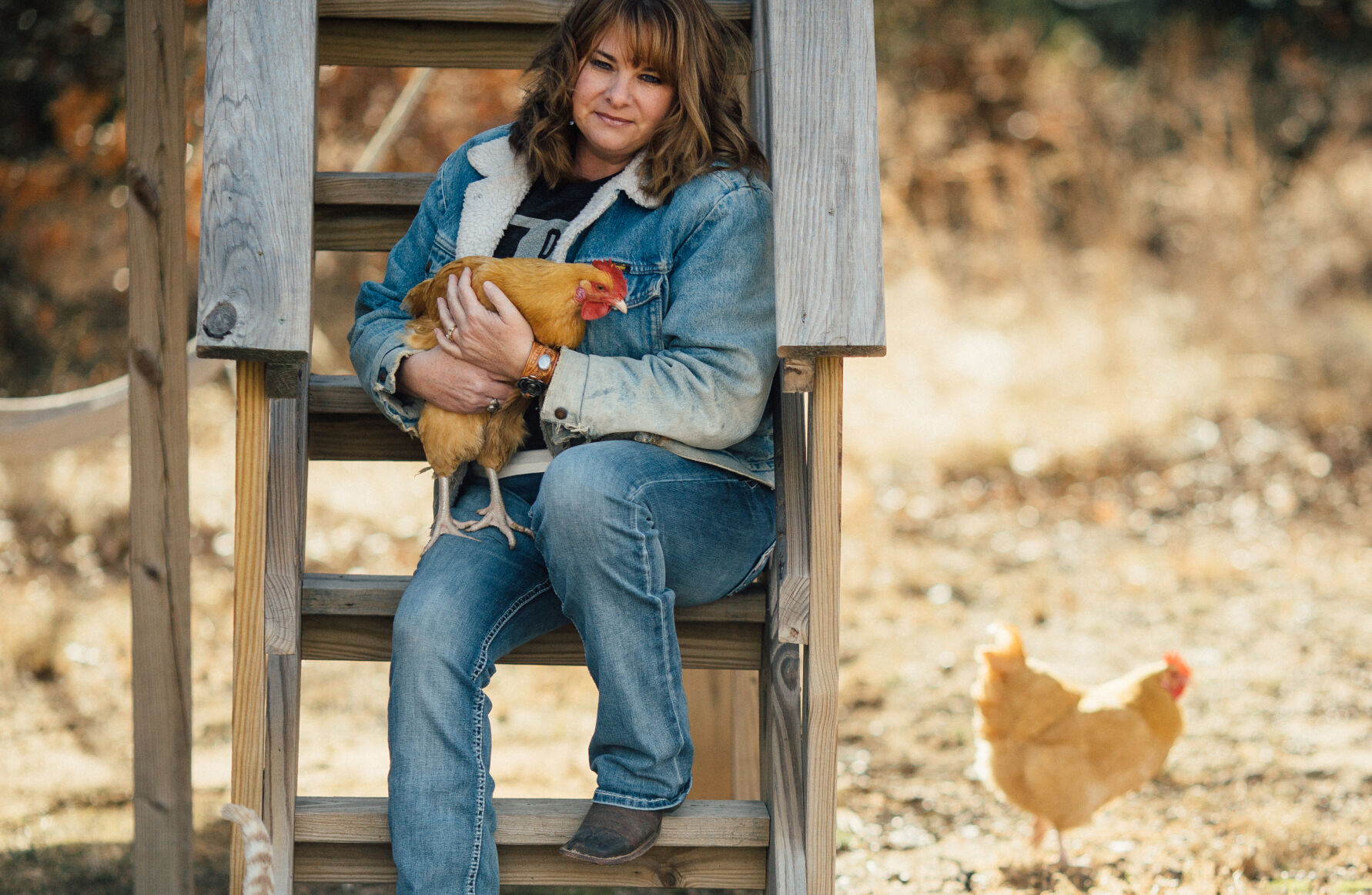Oklahoman accepts first HPJ Regenerative Woman of the Year award

At the High Plains Journal-sponsored Soil Health U virtual event on Jan. 21, Amy Seiger of Newall, Oklahoma, was presented the first Regenerative Woman of the Year award.
She is the Oklahoma Conservation Commission soil health coordinator, in partnership with the Natural Resources Conservation Service and The Nature Conservancy. Seiger grew up on a cattle operation and pecan orchard in Stonewall, Oklahoma, and growing up she was involved in land judging competitions. She knew almost instantly she wanted to go into soil science for her career.
After graduating from Oklahoma State University with a bachelor’s and master’s in plant and soil sciences, Seiger worked in several industries, until she took a job with NRCS doing soil surveying. During this time she met an Oklahoma state soil scientist with NRCS, who was doing soil health field days with the OCC.
“I fell in love with it and I knew that was route I needed to pursue,” Seiger said. “It was a great marriage of all the skills that I had learned and I just loved it.”
Although she had learned the principles of soil health as a youth and throughout college, the concept had never been packaged in the same way and with a named that totally clicked, so when she got involved with the field days she was hooked for good.
“Across the Great Plains and especially in Oklahoma, we do not always have the deep rich glacier till soils like they do up north,” Seiger said. “We’re still trying to recover from the 1930s and a lot of Oklahoma lost soil not only to wind, but to water. Our topsoils are really depleted and we’re almost left with only subsoils in a lot of areas.
“With these soil health practices in place, we are seeing organic matter returning, we’re able to get the soils that are poor because of their heavy clay content to function better and its crucial to re-establish our soil into the water cycle. With all the depleted and compacted soils that we’ve damaged over the years water immediately runs off instead of absorbing into the soil like it needs to, so we’ve removed our carbon filter. You’ve got to have that filter to have a functioning water cycle and that’s huge for nutrient loading and resiliency against weather impacts.”
After volunteering to help out with the soil health field days for a while the soil health coordinator position came open and she got the job. Seiger works with 84 conservation districts across Oklahoma to pinpoint their needs and bring conservation education to each district by pooling resources across the state and utilize local producers, Extension agents and the Noble Research Foundation.
“My goal as an educator and a director is to find the resources available to us and utilize everyone to the best potential,” she said. “It’s a collaboration between all of our partners and myself that provides education across the state.”
In 2020, Seiger was recognized for her soil health efforts by the Chickasaw Nation Office of Natural Resources as only the second recipient of the Eagle’s Flight, the Visionary Conservation Partnership Award. Seiger said her main advice to anyone looking into soil health is to perform soil tests. She said you have to know where you are before you know where you want to go.
“I am very honored and humbled by the award from Soil Health U,” she said. “We have so many great women that have been actively pursuing soil health even for a lot longer than I have and paved the path that I can hopefully continue to follow and make a few of my own along the way.”
Lacey Newlin can be reached at 620-227-1871 or [email protected].
